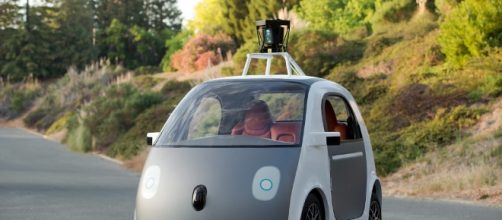The announcement by India’s transport and highway’s minister Nitin Gadkari that he intends to ban driverless cars in that country to preserve Jobs for drivers has received some well-deserved mockery. The decision is being seen a short sighted, the equivalent of banning the automobile to keep buggy whip makers and stable boys employed. The decision would also be short sighted. Driverless cars are set to create far more jobs than they destroy, according to an analysis in the Next Web. The primary factor is gaining back the hour, or so we commute every day for more productive pursuits.
Also, India needs a transportation infrastructure upgrade, which would certainly employ a lot of people.
How driverless cars generate more jobs
When we don’t have to pay attention to the road during our commute, we can turn our attention to being productive. The matter has been covered before but bears expanding upon. People can take meetings by video connection, sometimes with other individuals who are commuting to work at the same time. When not meeting with other people, the passenger in a driverless car can receive information about everything from the latest financial market reports to the best deal at the local donut shop. Increased productivity creates more jobs.
Entertainment opportunities will be enhanced by the freeing of our time from the drudgery of driving.
A passenger will be able to catch the latest episode of his or her favorite TV program, provided by a cable or Livestream provider. Someone in a driverless car can also catch up on reading. The need to create more content will create more jobs in the entertainment industry.
India’s infrastructure challenges
India’s transportation infrastructure is less developed than those of western countries. Lack of signage, paved roads in many areas, unsignaled lane mergers, and competition from passengers and livestock combine to make the safe introduction of driverless cars a challenge. An Indian company called Tata Elxsi is stepping up to the challenge by simulating these conditions on its test track.
The situation suggests that Indian bureaucrats have a better option for preserving and creating jobs than banning the future of personal transportation.
An infrastructure upgrade would provide a large number of jobs. Maintaining roads and bridges to the quality that they will be optimal for handling driverless cars would maintain some jobs as well.
India is, in many ways, two countries in one. In some of the cities, it has developed a high tech, information economy. Out in the countryside, many Indians live in poverty as they have for thousands of years. The task of bringing the benefits of technology to all Indians is a formidable one that would not be advanced by regressive policies like banning driverless cars.


